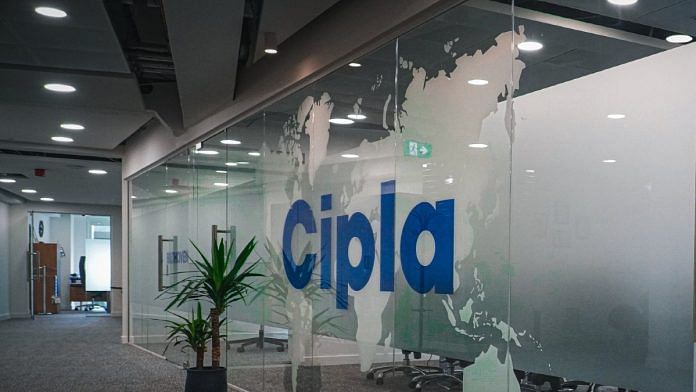New Delhi: Four Indian companies were included in the World Economic Forum’s (WEF) Global Lighthouse Network, a group of companies that displayed leadership in using fourth Industrial Revolution (4IR) technologies to overcome challenges posed by the ongoing fears of recession and economic slowdown.
Mondelēz in Sri City (Andhra Pradesh), Dr Reddy’s Laboratories in Hyderabad, Cipla in Indore (Madhya Pradesh) and Unilever in Dapada (Dadra and Nagar Haveli) joined 11 new “lighthouses”, according to a WEF report released Tuesday.
Artificial intelligence, 3D-printing, and big data analytics are part of what the WEF refers to as 4IR technologies. The “lighthouses” are companies that have utilised such technologies to overcome challenges of geopolitical conflicts such as the Ukraine war and the Covid pandemic.
The Forum has recognised a network of 114 manufacturing sites across the world that have shown resilience in matters pertaining to “productivity, workforce engagement, sustainability, and supply chain”. These 114 sites span over a diverse range of industries including healthcare, electronics, pharmaceuticals, and automotive.
Of the 11 new lighthouses, four received the tag of ‘Sustainability Lighthouses’, signifying that these factories and value chains have successfully reduced environmental footprint. Unilever was the lone Indian firm to get the additional recognition of a Sustainability Lighthouse.
Also Read: India banks on Hyderabad’s ‘Pharma City’ to break China’s stranglehold over drug supplies
How Indian firms bagged the honour
According to the report, all four Indian companies have deployed full-scale digitalisation, artificial intelligence, automation and have ensured the inclusion of women in the workforce while reducing costs and emissions.
It highlighted how Dr Reddy’s Laboratories was able to overcome business challenges using the latest available technology. “The 25-year-old site embarked on large-scale digitalization to sustain and grow in the generics pharma market. The site deployed 40+ 4IR use cases by operating in “garage mode” and leveraging IIoT (Industrial internet of things) & democratized platform for advanced analytics. As a result, it improved manufacturing cost by 43% while proactively enhancing the quality and reducing energy by 41%,” the report read.
A major pharmaceutical company, Cipla finds place on the WEF list. “Cipla deployed digital, automation and analytics solutions to 22 Indian sites in parallel. Indore’s Oral Solid Dosage facility led this journey by implementing 30 4IR use cases thereby improving total cost by 26% and enhancing quality by three times while reducing greenhouse gas emissions by 28%,” the report said.
Even Unilever in Dapada has achieved its corporate sustainability goals. The company deployed “several integrated energy management systems” and “eco-friendly formulations” that helped in reducing water consumption and emissions, the report explained.
As for Mondelēz in Sri City, which is a factory hub for Andhra Pradesh, it built resilience by using “end-to-end digitalization, predictive analytics, artificial intelligence and advanced automation”, according to the report. This, in turn, helped in improving “labour productivity by 89%”, reducing manufacturing costs and balance the gender workforce by including more women workers.
The latest additions to the WEF’s list include companies from Romania, Singapore, Poland, Brazil and China that have been successful in transitioning themselves to fourth industrial revolution technologies.
(Edited by Anumeha Saxena)
Also Read: Is Saudi Arabia doing better than India in bridging gender gap? WEF report says yes



